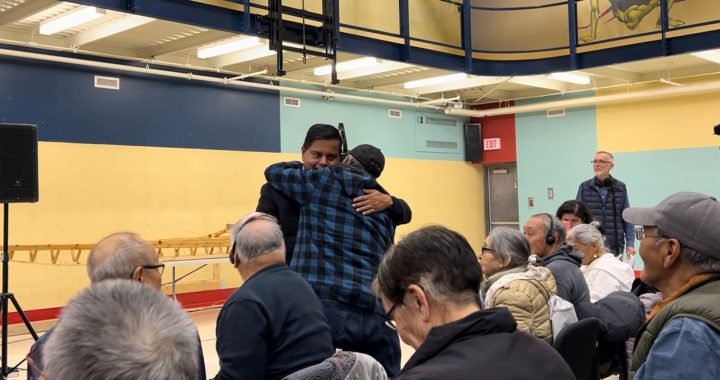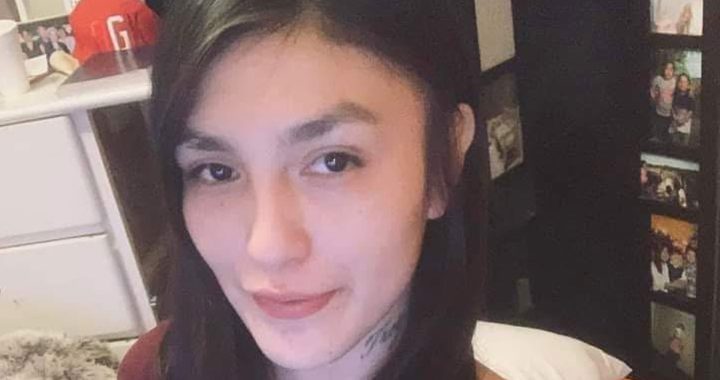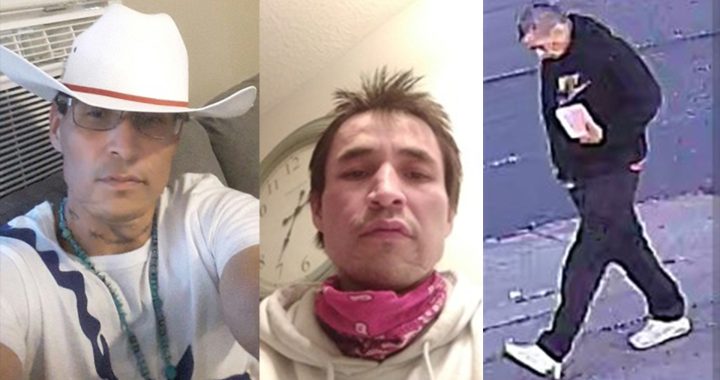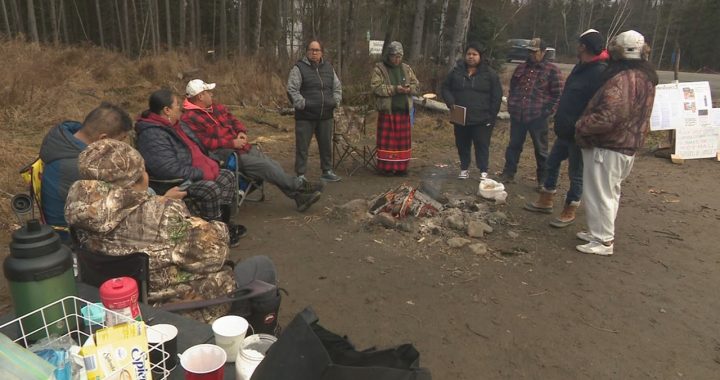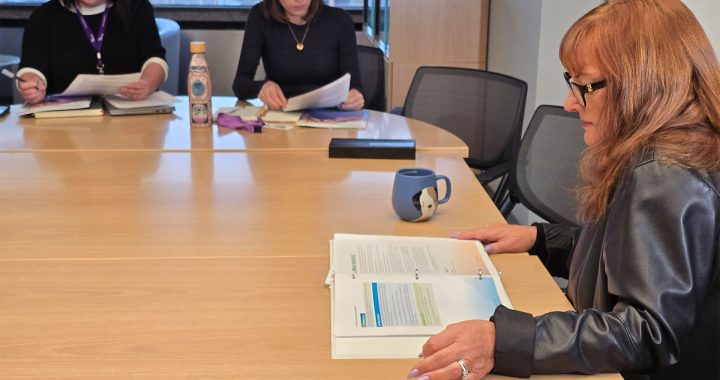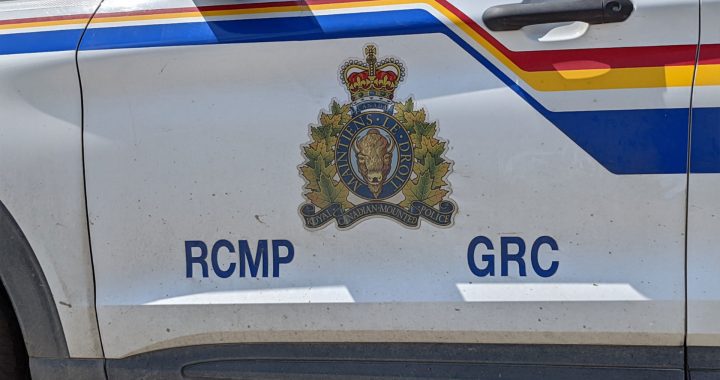Crown-Indigenous Relations Minister Marc Miller was in Sipkne’katik First Nation in Nova Scotia Wednesday to announce money for healing programs and fieldwork to find potential unmarked graves near the former Shubenacadie Indian Residential School.
“This is the first step in what will no doubt be of many, in getting to the bottom of the very nasty reality of Canada, the shame of Canada,” said Miller to the gathering which included elders.
Sipkne’katik sits next to the residential school where more than 1,000 children from across the Atlantic region were sent as part of the federal government’s assimilation program that started in the mid-1800s.
Canada is now providing more than $326,000 towards the programs and searches at the Shubenacadie school.
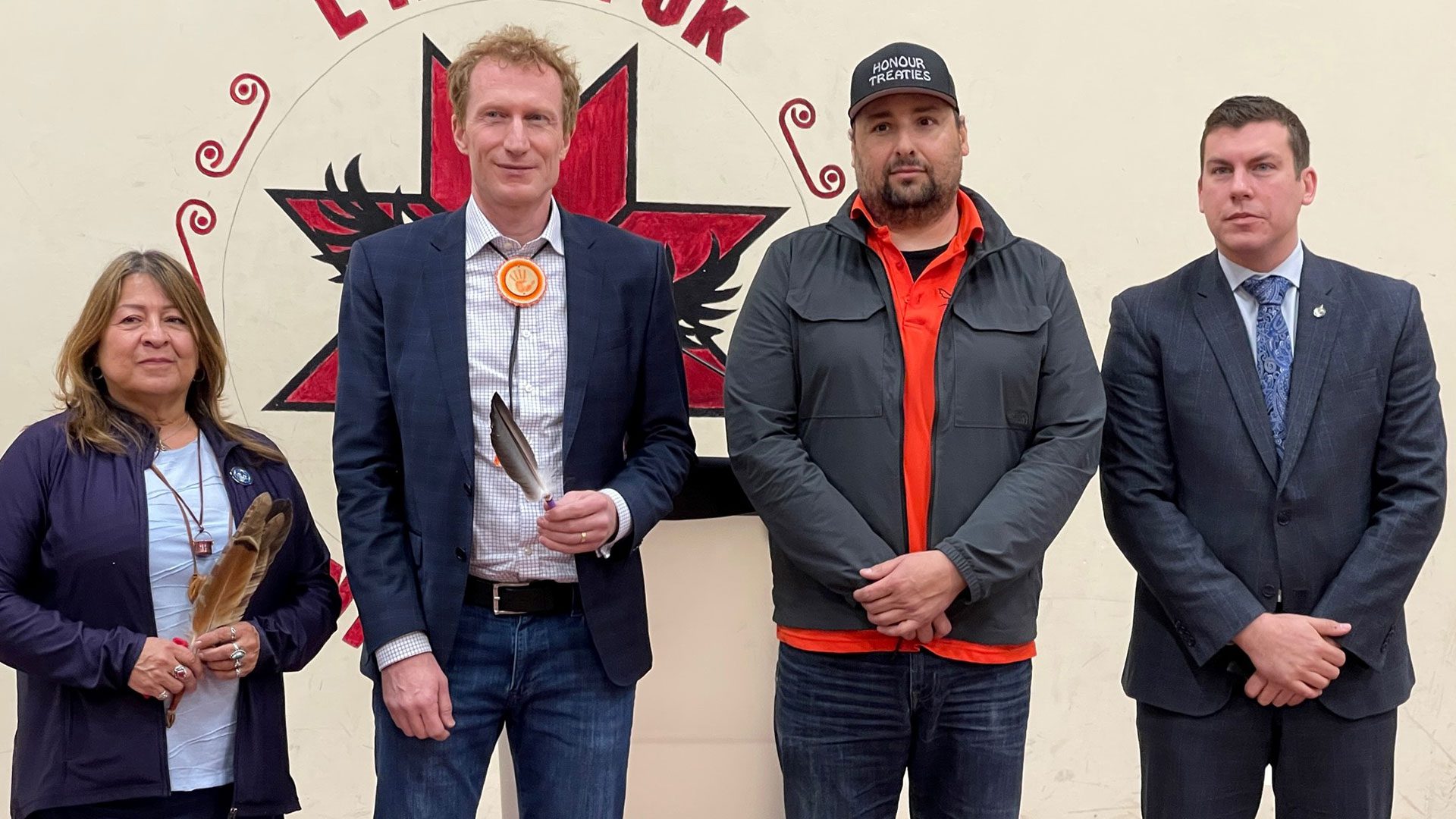
The community-led project is to gather knowledge from elders, honour missing children, and continue the search of the grounds at the only residential school in Atlantic Canada.
The federal funding is also to help with commemorative events such as the installation of a plaque to honour the missing children who attended the residential school.
But some community members say more needs to be done for the children of survivors.
“The children that have been left behind, that had to grow up without the things, the love, the attention the affection, life skills, those are the things that impacted the second generation, so I’m curious how they are going to address those issues,” said Wendy Julien who lives in Sipkne’katik.
Miller said more money is coming.
This is will be a second search of the grounds at the Shubenacadie school. In August 2021, a team of Nova Scotia researchers said they were unable to find any unmarked graves for students who died while attending the Shubenacadie residential school.
A total of $209.8 million over five years was included in the recent federal budget to help communities document, locate and memorialize burial sites at former residential schools.




